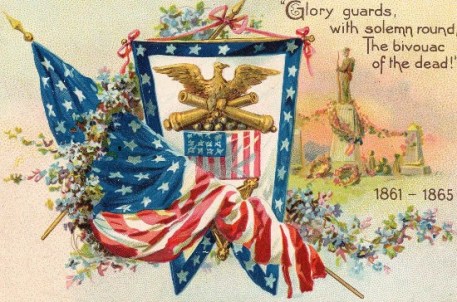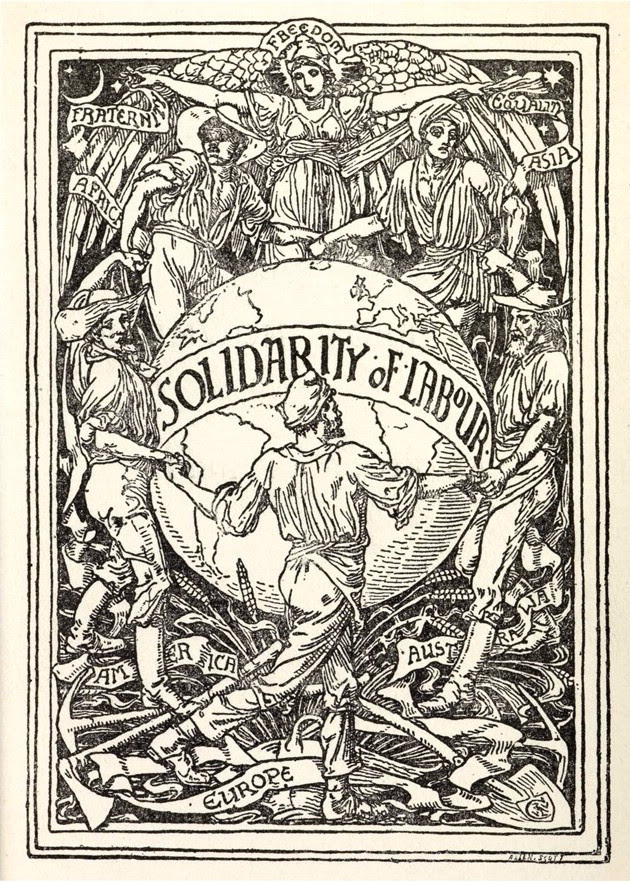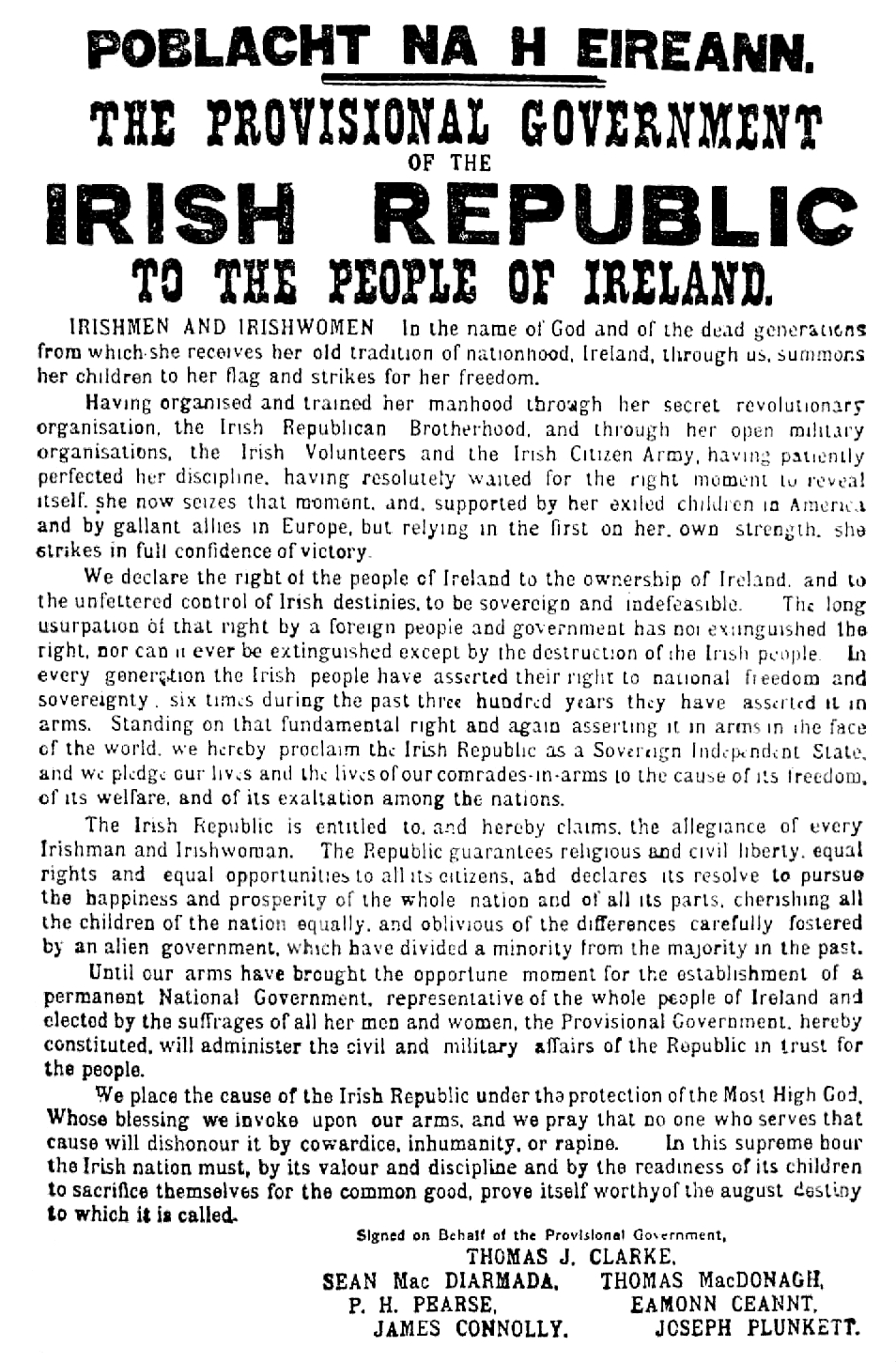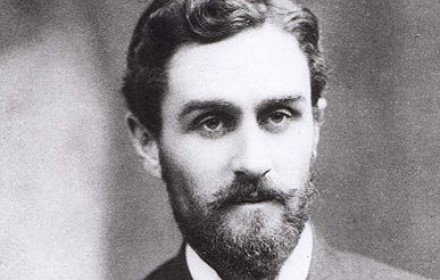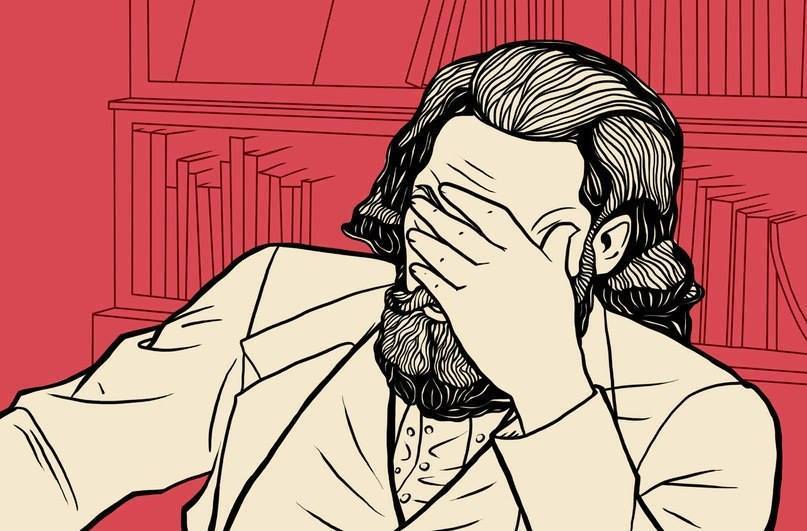The Other Kellogg: Ella Eaton – Edward White’s monthly column, “Off Menu,” at The Paris Review, reminded me about cold cereal’s early history as a health food.
I’m ashamed to say that I had never heard of Ella Eaton.
In the Kellogg story there was one person in particular devoted to getting food right—not the flamboyant, egocentric John, nor the embittered, entrepreneurial William, but Ella Eaton Kellogg, John’s wife, one of the most overlooked but most important names in the ever-twisting story of America’s relationship with food.
Read More: https://www.theparisreview.org/blog/2020/08/11/the-other-kellogg-ella-eaton/

 A Klee painting named Angelus Novus shows an angel looking as though he is about to move away from something he is fixedly contemplating. His eyes are staring, his mouth is open, his wings are spread. This is how one pictures the angel of history. His face is turned toward the past. Where we perceive a chain of events, he sees one single catastrophe which keeps piling wreckage upon wreckage and hurls it in front of his feet. The angel would like to stay, awaken the dead, and make whole what has been smashed. But a storm is blowing from Paradise; it has got caught in his wings with such violence that the angel can no longer close them. The storm irresistibly propels him into the future to which his back is turned, while the pile of debris before him grows skyward. This storm is what we call progress.
A Klee painting named Angelus Novus shows an angel looking as though he is about to move away from something he is fixedly contemplating. His eyes are staring, his mouth is open, his wings are spread. This is how one pictures the angel of history. His face is turned toward the past. Where we perceive a chain of events, he sees one single catastrophe which keeps piling wreckage upon wreckage and hurls it in front of his feet. The angel would like to stay, awaken the dead, and make whole what has been smashed. But a storm is blowing from Paradise; it has got caught in his wings with such violence that the angel can no longer close them. The storm irresistibly propels him into the future to which his back is turned, while the pile of debris before him grows skyward. This storm is what we call progress.
